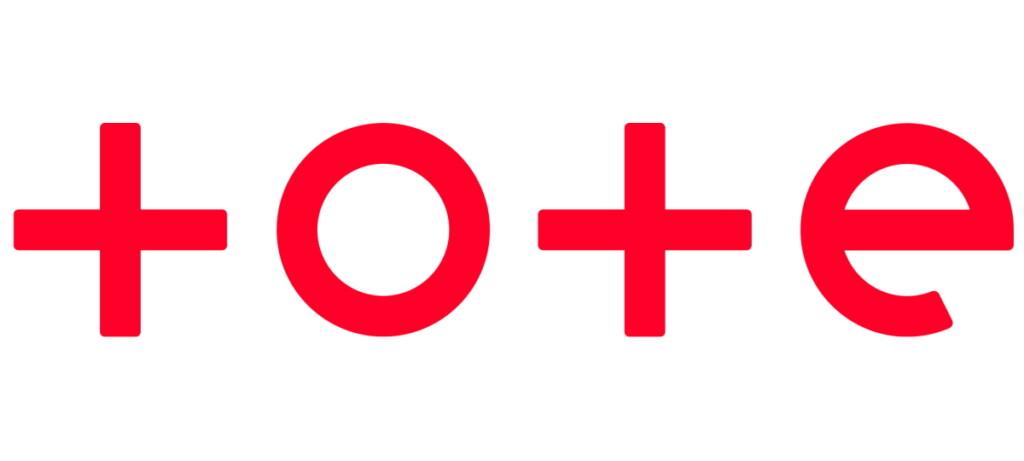Sports spread betting examples
Example 1:
Say a bookmaker predicts that the total number of goals scored in a football match will be between 1.8 and 2.2. Fractions are common in spreads because the predictions are calculated based on averages from previous events.
You think one of the teams is significantly stronger than the other, and that more than 2.2 goals will be scored during the match. Accordingly, you decide to “buy” at £10 a point. This means you stake £10 that the total goals will be a point higher than the margin predicted by the bookmaker.
The final score for the match is 2 – 1, meaning that a total of 3 goals were scored. This is 0.8 higher than the maximum number of goals (2.2) predicted by the bookmaker, so your bet wins. Your winnings are calculated as follows:
£10 (your stake) x 0.8 (the margin by which your wager was correct) = £8. You’ll also retain your original stake of £10, meaning that your total winnings on the spread bet are £18.
So in this example, your spread bet wins you £8.
Example 2:
Now say the outcome of the match was a score of 1 – 0, giving a total of 1 goal. You bet that the match would produce more goals than the 2.2 predicted by the bookmaker, so your bet loses.
This means you’ll lose:
£10 (the value of your stake) x 1.2 (the difference between the bookmaker’s prediction of 2.2 and the actual number of goals) = £12
You’ll also forfeit your original stake of £10, meaning that your total losses on the spread bet are £22.

















